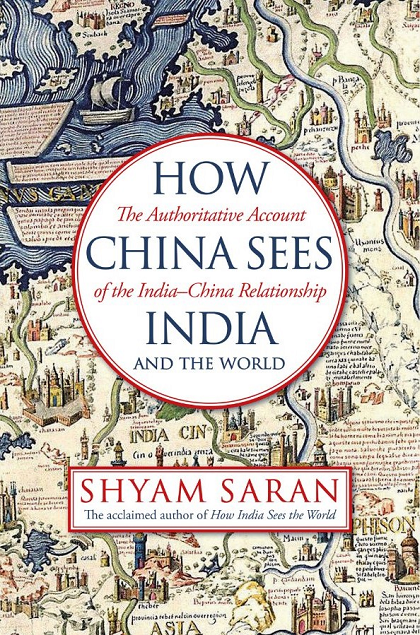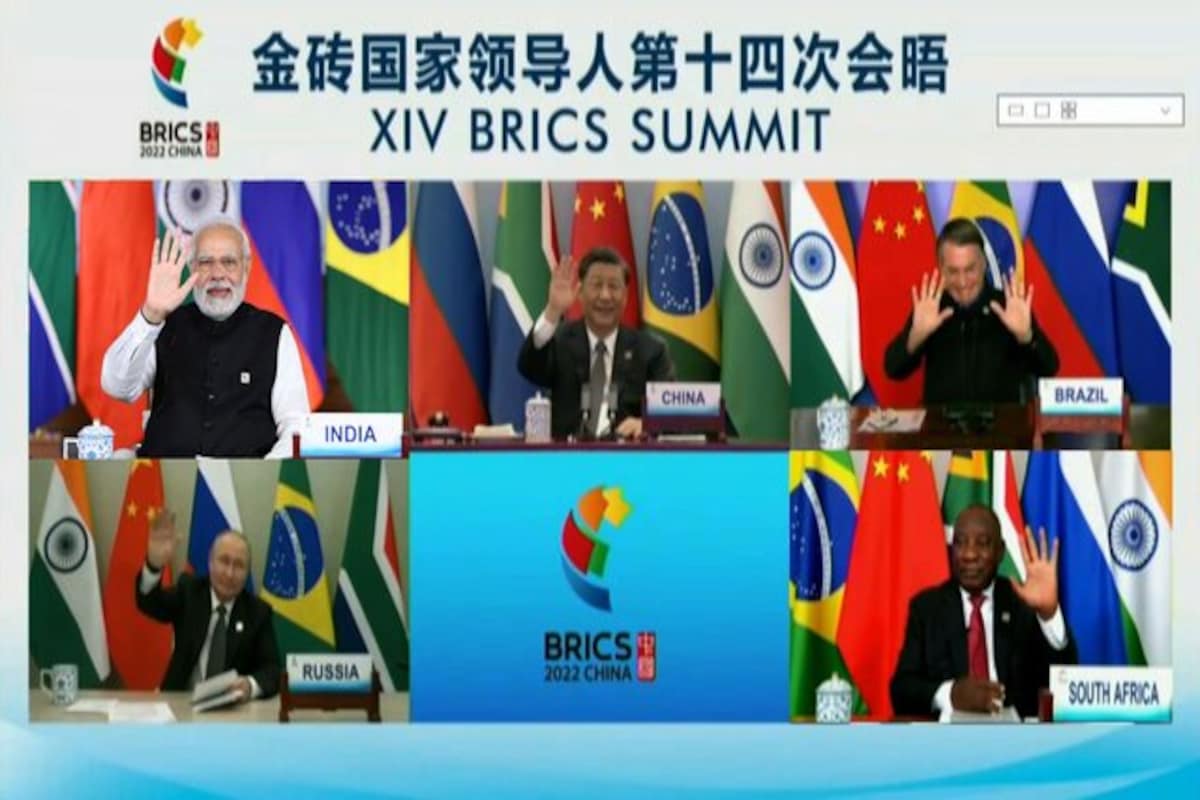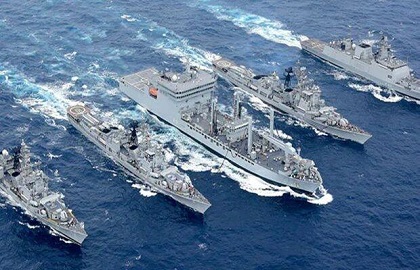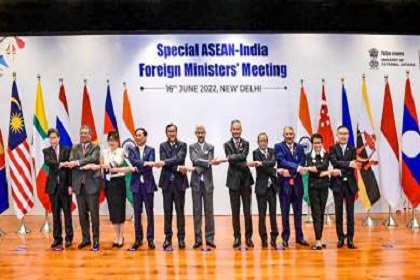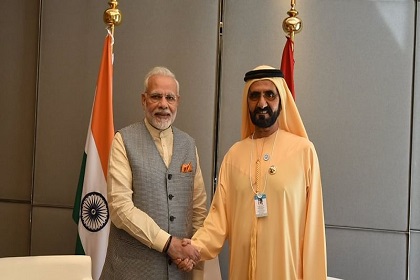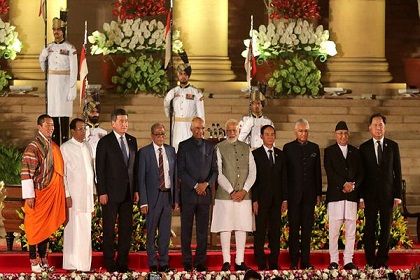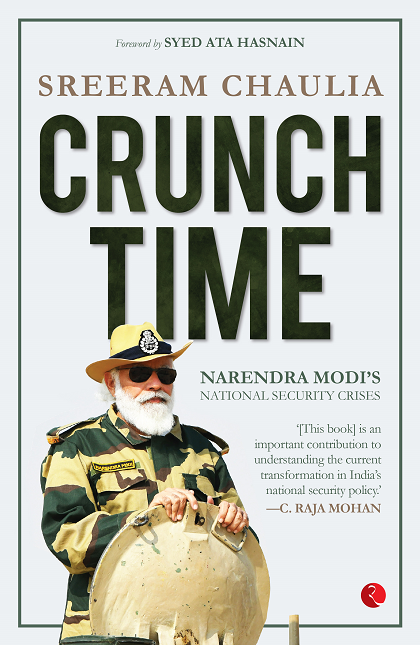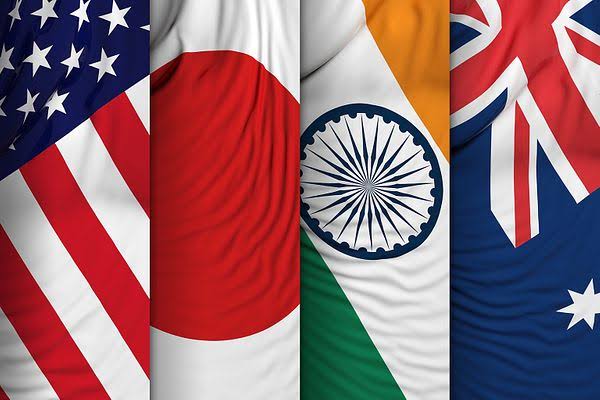The reforms Sri Lanka needs
Sri Lanka's crippled economy requires immediate and robust reforms. India faced similar adversity when PV Narasimha Rao pulled the country out of the economic crisis in 1991. Will new president Ranil Wickremesinghe follow the example of India's 1991 reforms to save his country and economy?


